Styx press conference with Wolfgang Fischer, Susanne Wolff, Gedion Oduor Wekesa and Benedict Neuenfels
Without preaching, Styx abruptly morphs from a solo-yachtswoman-at sea film to social commentary on the unending refugee crisis. Featuring a stellar performance from German actress Susanne Wolff, aided by 15-year-old Gedion Oduor Wekesa, the film premieres at the 2018 Berlinale. The stars were joined at the press conference by screenwriter and director Wolfgang Fischer and Director of Photography Benedict Neuenfels.
This seemed to be a rather difficult production. Tell us what gave you the idea.
Wolfgang Fischer: At the beginning we wanted to do it in a very archaic, physical environment, we didn’t want to do effects, we wanted to put a woman into that physical situation. Of course there was were some prereqs for doing this, none of us knew about sailing. We started with our sailing in Wannsee [a small lake in Berlin] and ended in Malta with gale force winds!
Susanne, tell us about when you first read the script.
Susanne Wolff: I was desperate to do it. I don’t know, when I read for the first time – it was different. Over time, things condensed. I was extremely happy when Wolfgang called me and said we were going ahead. I think this story is very strong.
Wolfgang, your last film had a similar construction, with a dilemma that grows and grows. Is this something you like to explore?
WF: I am interested in characters with a big plan. I really have to work out how to deal with a particular situation, such as in this film – the character goes into an archaic adventure and she masters that. And then she has an unintended adventure that she’s forced into. The most important thing was to watch that character, on her own; to watch her think. That was the dilemma that we wanted to show.
Do you feel that the film questions the idea of social responsibility?
WF: It’s a story about the world we live in. We have a character who is sated, comes from the middle classes, has a plan. She wants this adventure, but ends in a dreadful situation. What was important was to tell the story from our western angle, what would we do, what would we decide in this situation. It’s a metaphorical story, an allegory if you will.
How did the story develop?
WF: We did a lot of comprehensive research. We met with a lot of NGOs to ask just how the situation is on the sea, on the Mediterranean, and the situation is sadly hopeless. We started writing this script seven years ago, and since then nothing has changed. The dying continues. That is a horrifying thought. It’s topical, but because nothing has changed.
There seems to have been an immense amount of technical work required to shoot such a film. What were some of the logistical difficulties?
Benedict Neuenfels: It needed a lot of prep. On one hand, there’s the technical side. Where could we put the camera? Where can we get to? What is working with this motif? How many people can fit on the boat? How far do we have to sail to get the shot? Its very sophisticated and for a very long time ahead of shooting we looked into this, and we had to refine some of the technology so we could do this.
WF: There were different setups, as in do we shoot at night or day? Week One was a cause of despair for me. We started at 5am, sailed to a place we thought was suitable, at 10am we have a cut, and then by 10pm the sun goes down. The light is always changing. We shot in Malta and so we just decided to sail from Malta to Sicily, back and forth, which gave a sense of what it was like to sail for long distances. We ended up shooting a lot of the film like this. And this was quite liberating, because the whole team was able to get used to the situation of sailing, to see the change in weather – which you’ll see – and how to cope.
The film almost seems accusatory in parts.
WF: That is a complex issue. There is not just one personal authority we accuse or address. It was important that the film confers an experience, and the people watching would ask themselves: What would happen if you had to go to a birthday party or something, cross the motorway, and there’s an accident? Do you stop, or drive on? Even driving on is a decision, and I wanted to thread this throughout the film. And especially there’s an issue of other decisions… someone who goes past the situation and doesn’t want to lose their job, and this mirrors the idea that there is not one clear decision.
Gedion, you couldn’t swim before you made this movie set largely at sea?
Gedion Oduor Wekesa: Yes, it’s true. Before the film I never swam. I had to train, and swimming at sea was like some kind of dream for me. The first time I couldn’t be in the sea because of the weather. We had to go to the sea each and every day before shooting started.
Susanne, tell us about the difficulties of making such a complex movie?
We spent almost two months in Malta, we lived there. The two of us – Gedion and I – were busy being sea sick, coping with that, that was a big challenge to continue working when you feel awful. As far as I’m concerned, I mean, I’ve seen the film for the first time last Saturday. I was impressed that both of us absolutely embodied our two worlds. They don’t converge. And this could be due to the fact that we spent two months together, but we didn’t do so much together [outside of filming]. You work but you try to focus and concentrate, but it’s not as though you go on trips together or something. And that gives their relationship an admirable quality in the film. You see that it’s the woman’s boat, but she gives that boy his space… that’s how I see it. To see Gideon’s commitment, like, for example there’s a scene where I have to care for him, doctor him, and he had to give himself up to me. And there was no rejection, no embarrassment, and I was so impressed by how he did that. All the scenes in the water, the rescue scene. I thought he was extraordinary.
Gedion, do you plan to forge a career as an actor?
I want to become a movie producer!
Oliver Johnston
Styx does not have a UK release date yet. Read our review here.
Read more reviews and interviews from our Berlin Film Festival 2018 coverage here.
For further information about the event visit the Berlin Film Festival 2018.


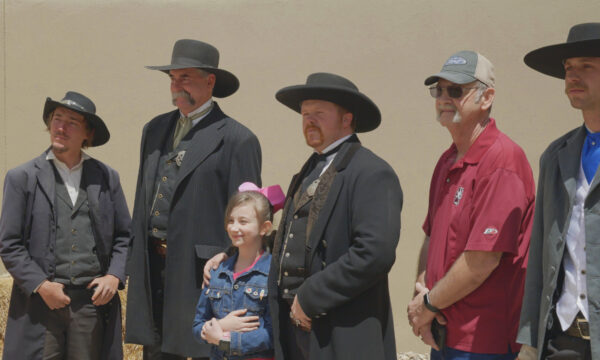
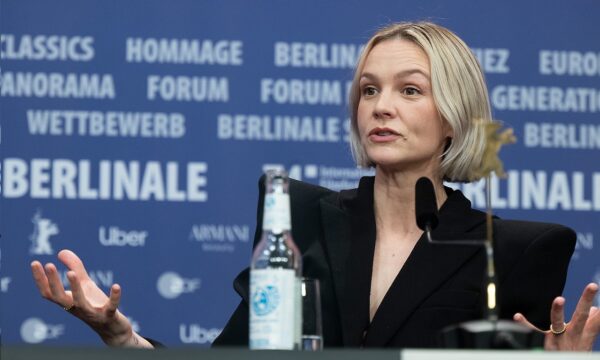
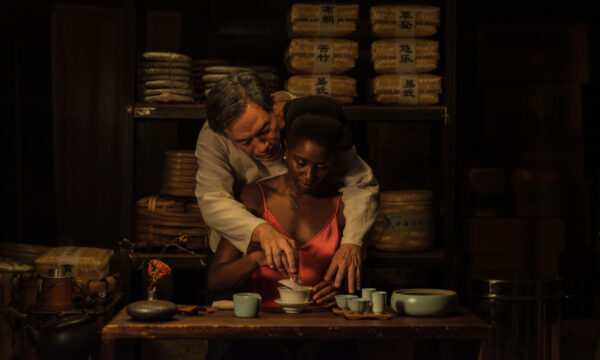
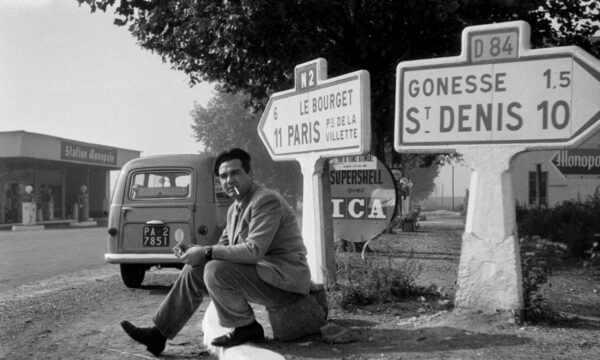
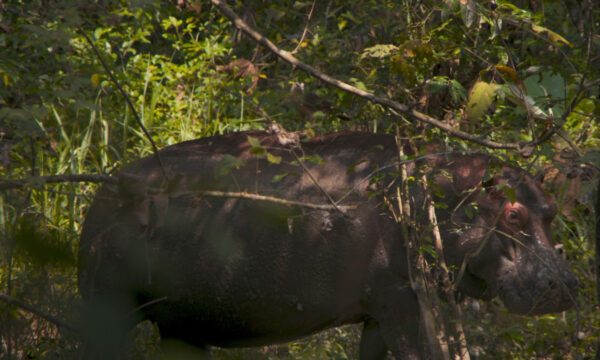
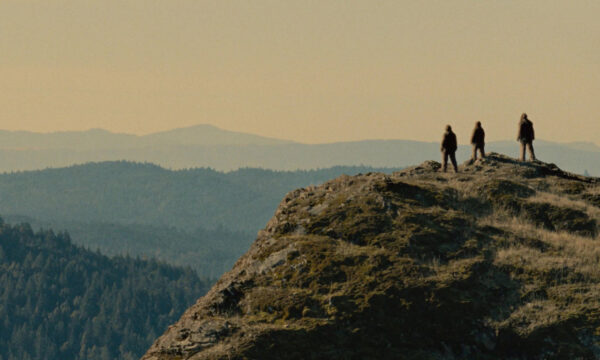
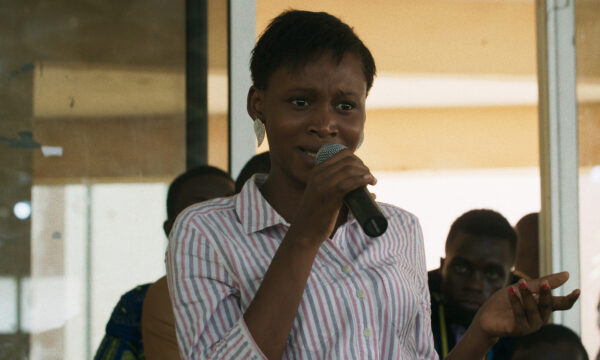











Facebook
Twitter
Instagram
YouTube
RSS